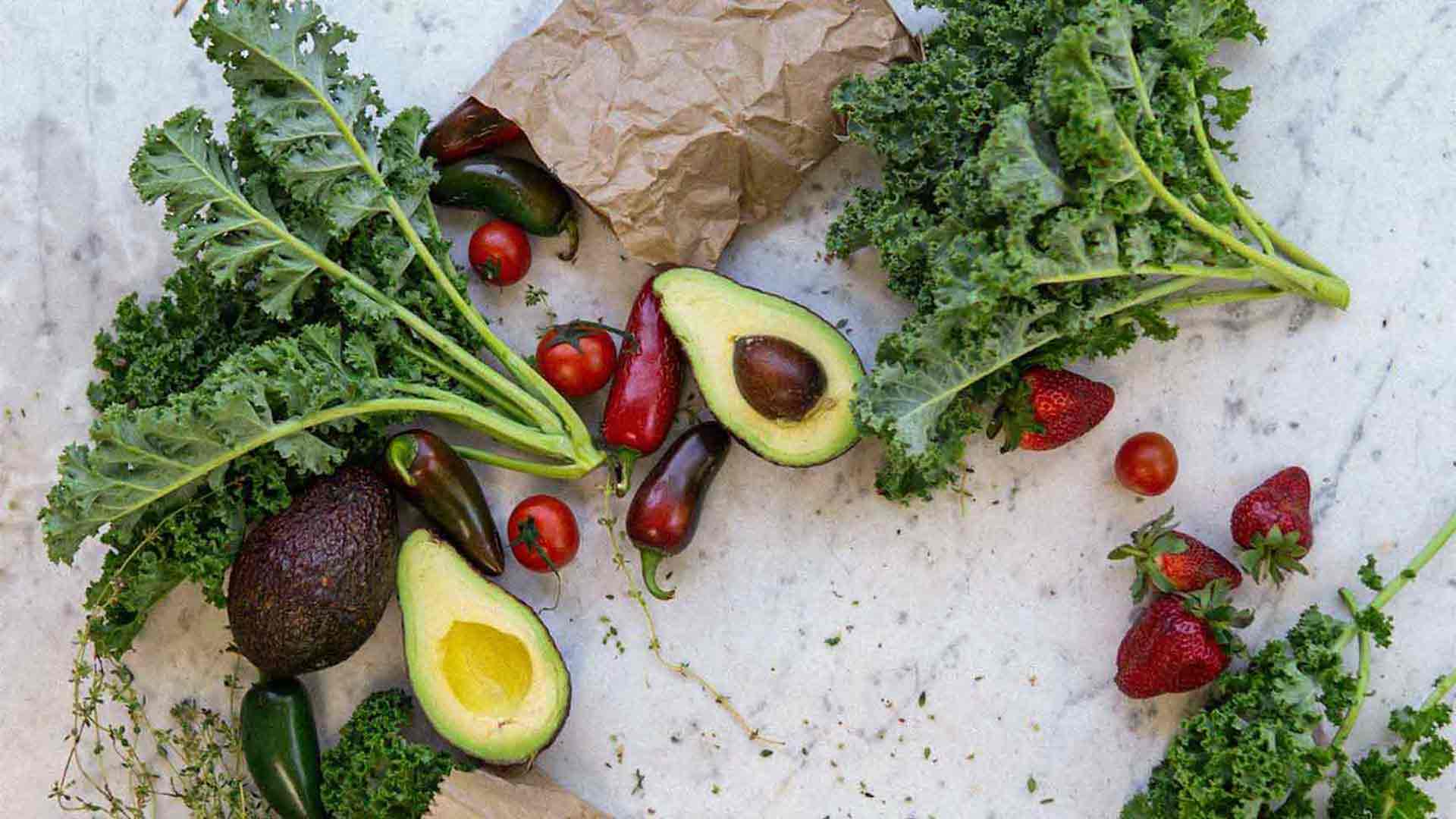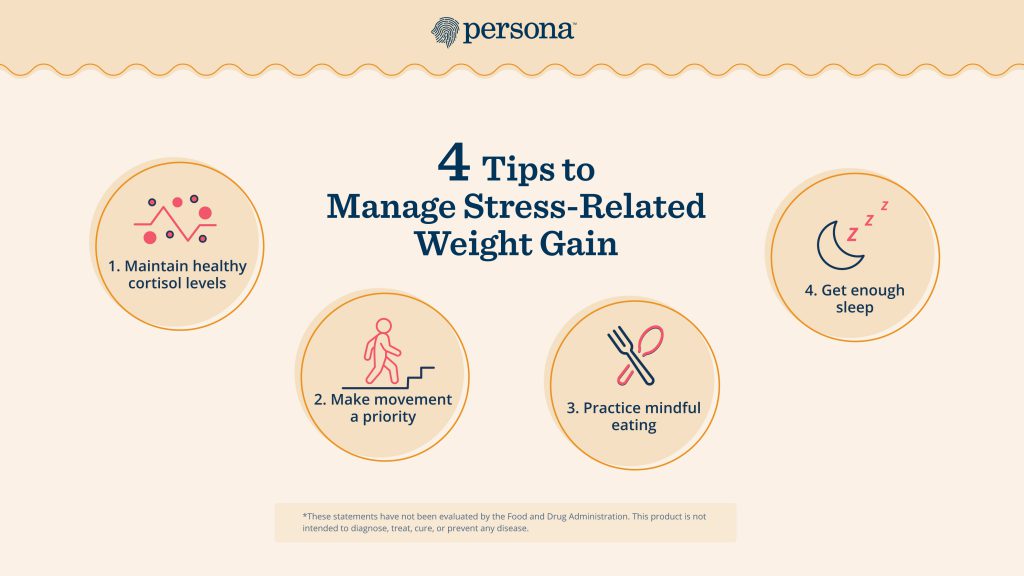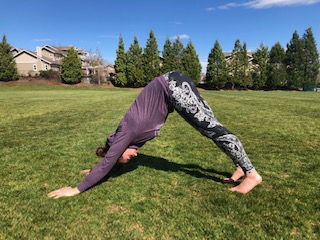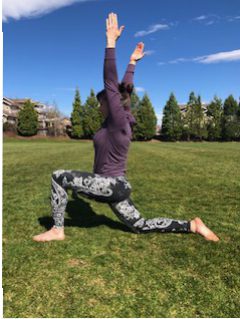What ruins an amazing, delicious meal? Gut issues. It’s a feeling no one welcomes and we can all live without: gas, bloating and indigestion to name a few. While these symptoms aren’t always avoidable, there’s small shifts we can make to our day-to-day ritual to ease them and ensure our gut is staying healthy. A balanced diet, lifestyle and adding Persona’s Digestive Balance Blend with dietitian-approved supplements can help support your gut.*
Why Digestive Health Matters
Your gut is a thriving ecosystem: it homes trillions and trillions of microorganisms like bacteria – both good and bad that together make up your gut microbiome. And the nature of it can have a powerful effect not only on digestion, but your overall health.
The gut is intricately linked to other processes in your body, like your immune system, heart, sleep, skin, hormones – and even your mood!1,2 A balanced gut, meaning a healthy ratio of good to bad bacteria allows these processes to work at its best.
But as you may expect, this ratio can be thrown off by a list of factors, including diet, stress or your environment. Left unchecked, you’ll not only experience obvious symptoms of bloating, gas or irregular bowel movements, but it can also trigger a response that weakens your gut lining. This can make you more susceptible to mood shifts, fatigue, poor immunity and more.3
What is the Digestive Balance Blend?
Whether you’re looking for natural ways to reclaim your gut health or just want to maintain its wellness, the Digestive Balance Blend can help. It includes 4 supplements that help soothe and promote a healthy gut microbiome.*
Daily Probiotic
The key to good gut health is to keep the microbes that live in your gut happy. Adding a probiotic to your daily ritual helps introduce new, living microorganisms that partner with the *already* good guys living in your gut to ensure the gut flora remains at a well-balanced ratio.
Probiotics paired with a roughage-rich diet works best – the non-digestible fiber aka prebiotics feeds the good bacteria you have. This gives them the opportunity to thrive and helps stimulate their growth.
Peppermint Plus
Peppermint is your post-meal ally. While it’s most often touted for its ability to freshen breath, ingesting it as a supplement or tea offers another benefit: it supports your digestive tract. In fact, peppermint has long been used as a carminative (helps expel internal gas and reduces toots) in herbal remedies because of its potent oils, specifically menthol.*
Menthol is the active oil in peppermint that helps reduce gut spasms that cause discomfort and encourages the gut to relax.4* When your gut is relaxed it’s able to digest food better, reducing symptoms of gas, bloating or indigestion after meals.
Aloe Plus
You’re probably already familiar with all the benefits that aloe offers for your skin after spending too many hours in the hot sun (…always wear SPF!). Think: helps soothe, cool and hydrate.
But one of its lesser known benefits: aloe helps your gut too.* This succulent plant promotes a healthy inflammatory response and fends off free radicals – harmful substances that can damage cells when their numbers get too high.5* Plus, aloe contains Fructooligosaccharides or FOS for short, a type of prebiotic fiber that helps maintain the good bacteria and promotes regularity – it helps keep things moving along and out*…if you catch our drift.
Ginger Extract
This super root has a reputable history to support gut health – whether settling an upset tummy or aiding with nausea, ginger is well-praised for its series of gut-friendly benefits.* The most notable element is its natural oil: gingerol, which not only gives the root its spicy flavor, but aids with gastrointestinal motility, meaning the rate your body digests food.* Slow motility can lead to bloating, gas and affect your body’s ability break down your meal and absorb nutrients.
Pro Tip: Take ginger before your meal to obtain all the benefits.
Takeaway
Digestion is an incredibly complicated process – beginning in your mouth and ending in your rectum….and impacts many processes in your body along the way. Paired with a healthy diet and lifestyle, the Digestive Balance Blend can give your gut the tools it needs to perform at its best to influence not only your gut, but your overall health!*
What about digestive enzymes? Read probiotics vs. digestive enzymes
About Hayley
Hayley is a Licensed Registered Dietitian Nutritionist (RDN) with a Bachelor of Science in Dietetics from Florida State University and a Master of Science in Dietetics from the University of Rhode Island. Hayley is dedicated to empowering individuals to achieve their nutritional goals through evidence-based practices.
Interested in supplements, but not sure where to start? Reach out to one of our experts, or take our free nutrition assessment, to learn exactly what nutrients would work best for your diet and lifestyle.
*These statements have not been evaluated by the Food and Drug Administration. This product is not intended to diagnose, treat, cure, or prevent any disease.
This information is not intended as a substitute for the advice provided by your physician or other healthcare professional, or any information contained on or in any product label or packaging. Do not use the information from this article for diagnosing or treating a health problem or disease, or prescribing medication or other treatment. Always speak with your physician or other healthcare professional before taking any medication or nutritional, herbal, or homeopathic supplement, or using any treatment for a health problem. If you have or suspect that you have a medical problem, contact your health care provider promptly. Do not disregard professional medical advice or delay in seeking professional advice because of something you have read in this article.














